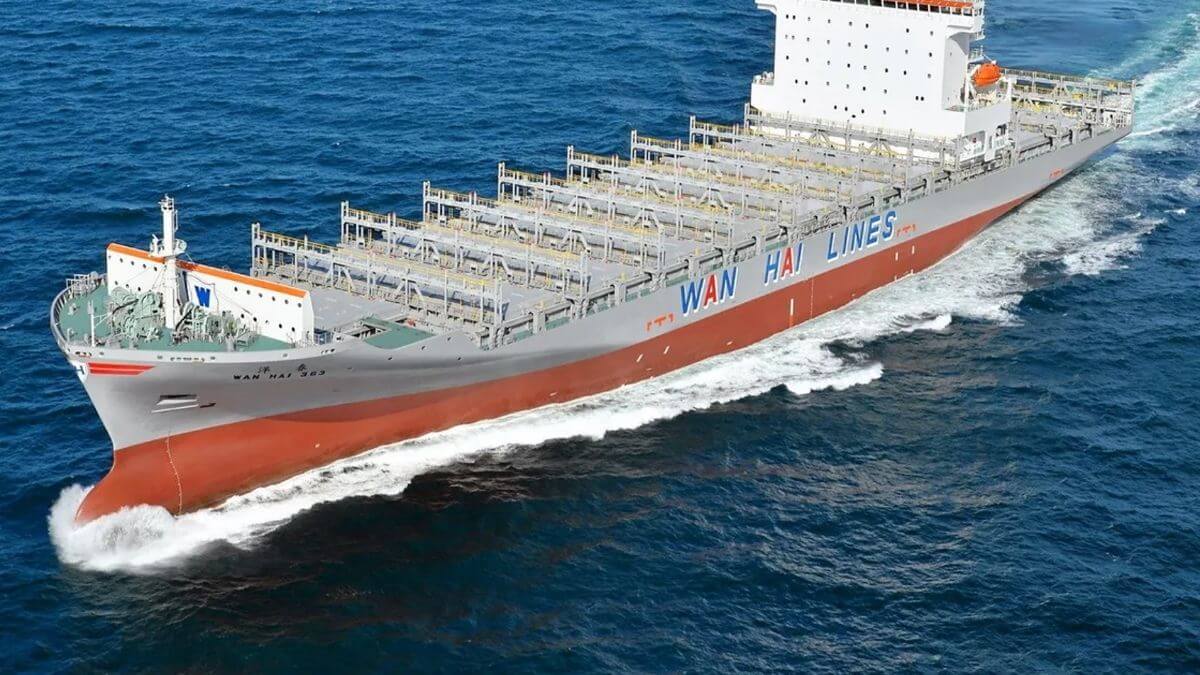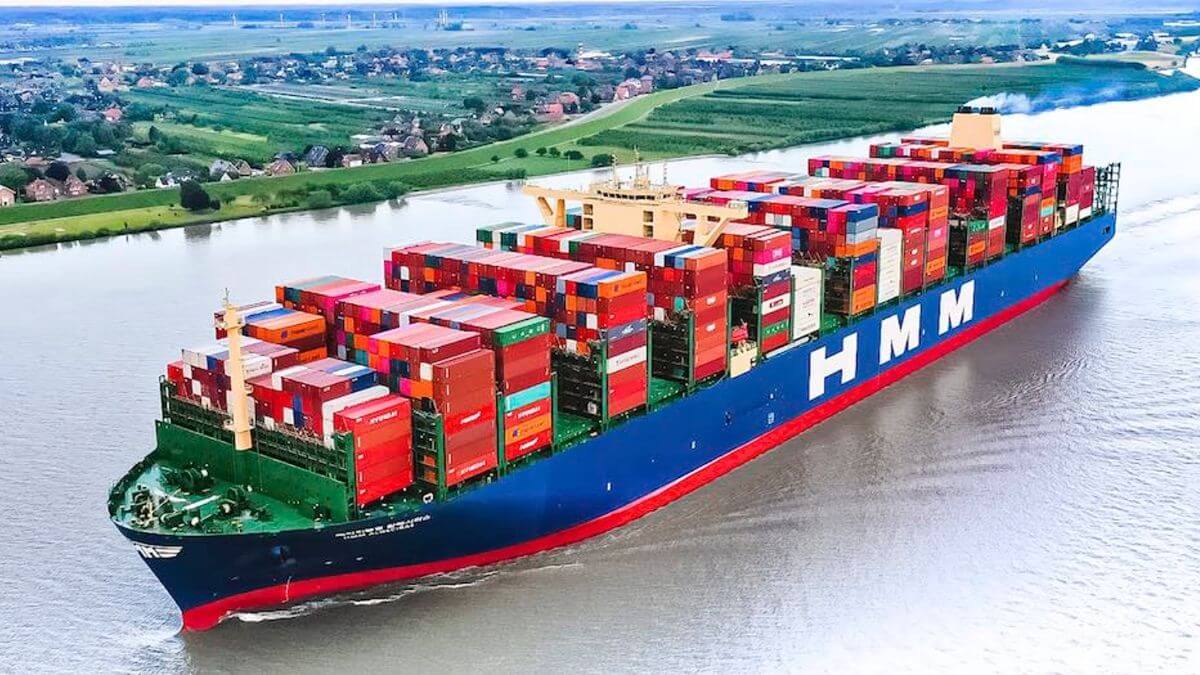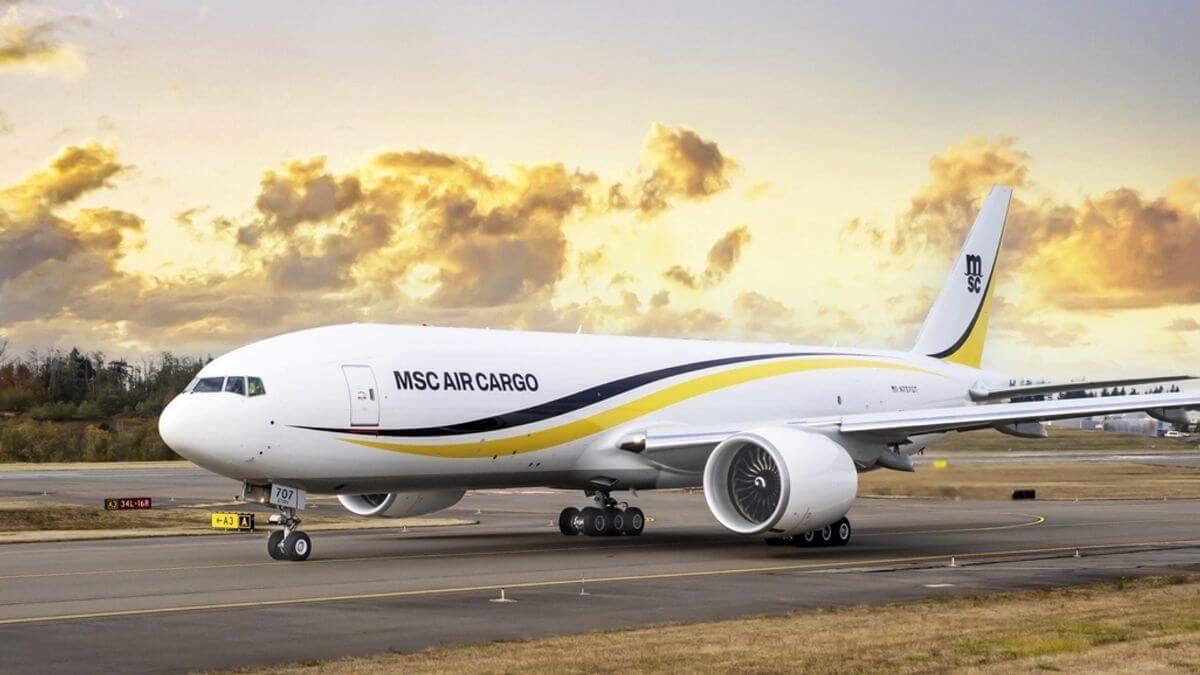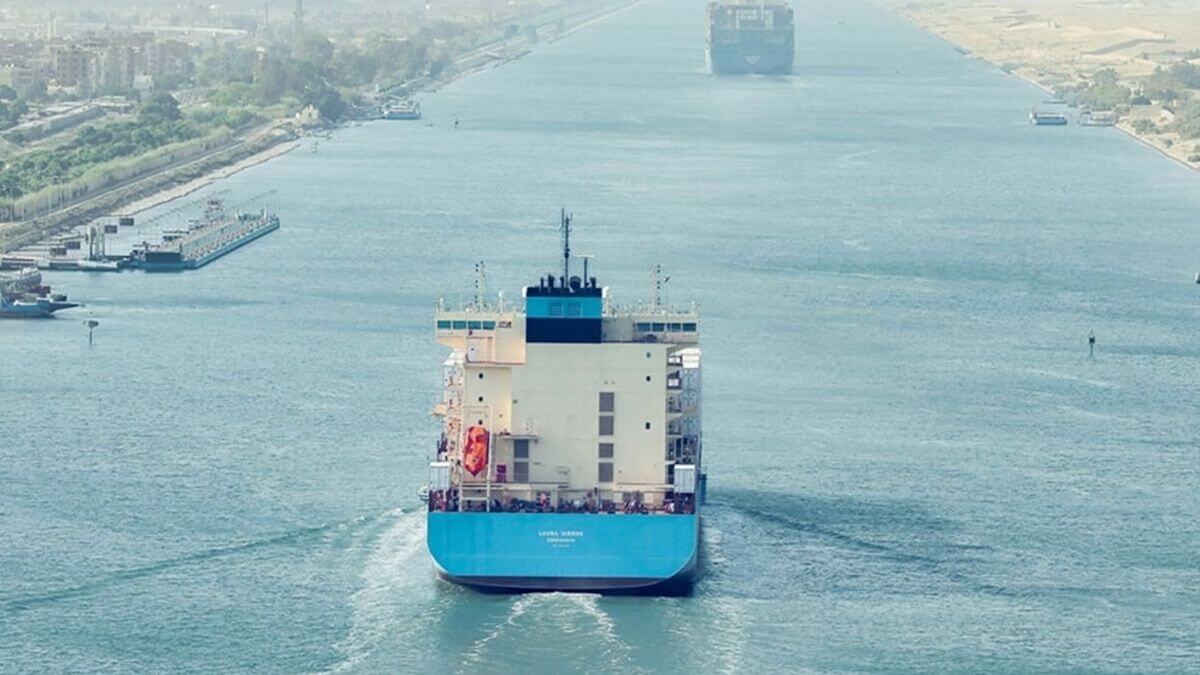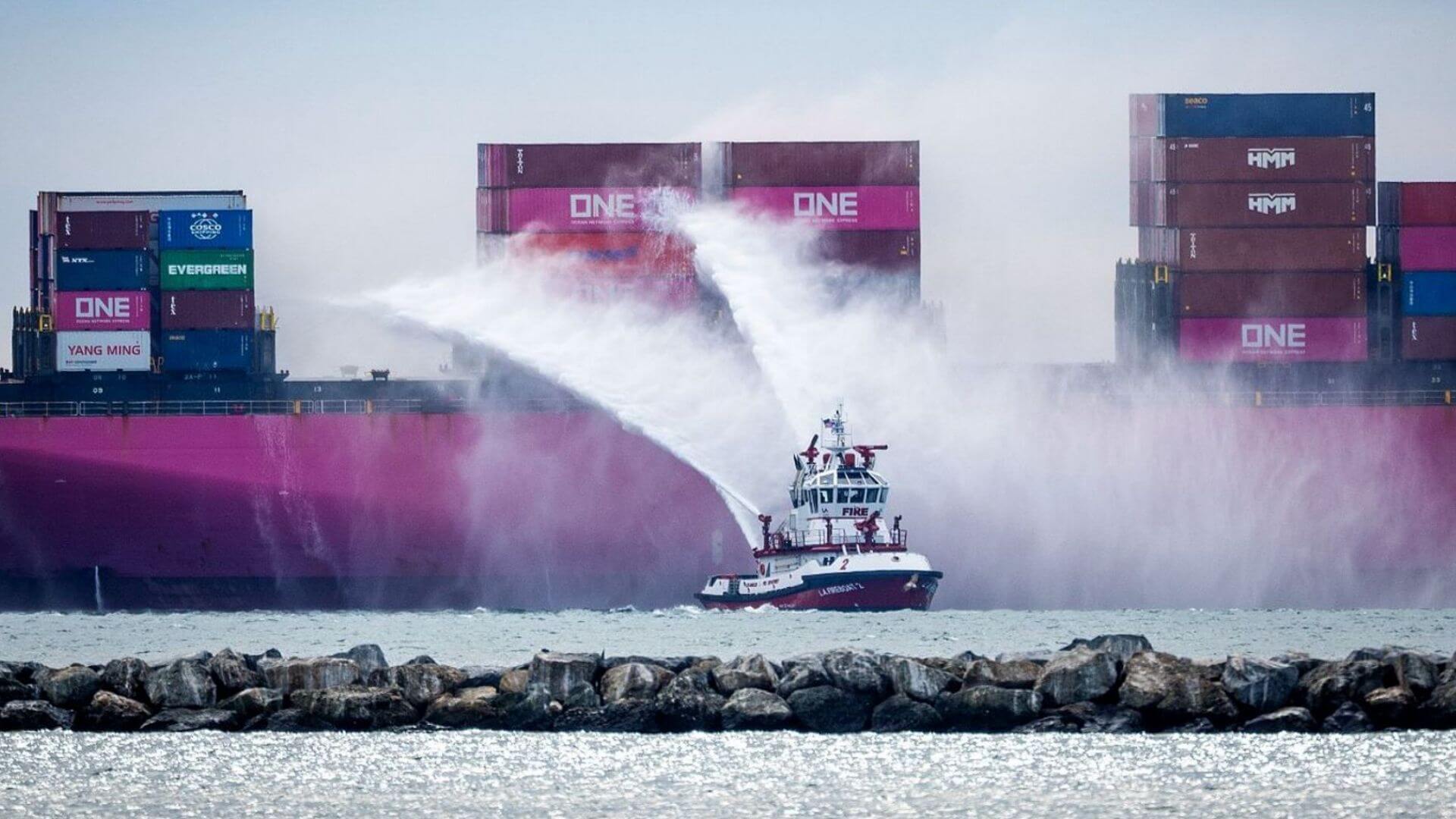Hoãn áp dụng phí cảng khi Mỹ và Trung Quốc nối lại đàm phán
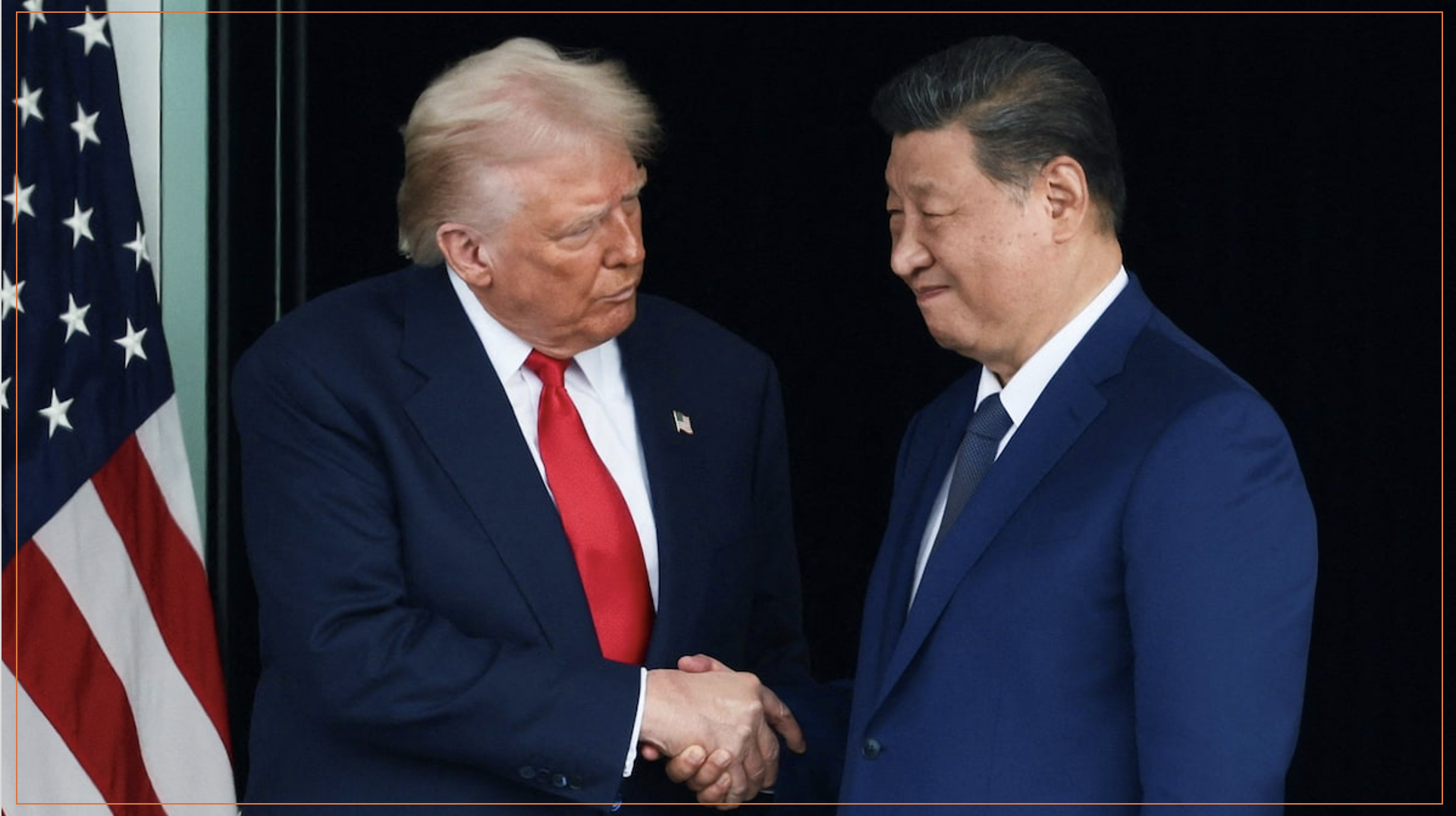
Ảnh: Reuters
Thị trường chứng khoán Trung Quốc tăng lên mức cao nhất trong một thập kỷ vào ngày thứ Năm, khi Tổng thống Donald Trump và Chủ tịch Tập Cận Bình gặp nhau lần đầu tiên sau sáu năm — với kết quả đáng chú ý đối với ngành hàng hải là việc tạm dừng áp dụng các khoản phí cảng mới mà hai nước vừa ban hành đầu tháng này.
Mỹ đã quyết định hoãn tăng phí cảng đối với tàu đóng tại Trung Quốc, một biện pháp ban đầu được thiết kế nhằm thách thức vị thế thống trị của Bắc Kinh trong ngành đóng tàu toàn cầu. Động thái này diễn ra sau khi hai bên cùng áp dụng phí cảng đối ứng vào ngày 14/10, đánh dấu lần đầu tiên loại phí này được sử dụng như một công cụ địa chính trị thay vì là thuế thương mại thông thường.
“Chúng tôi sẽ tạm hoãn việc đó trong khi tiến hành đàm phán,” Đại diện Thương mại Mỹ Jamieson Greer cho biết với các phóng viên trên Chuyên cơ Air Force One sau cuộc gặp Trump – Tập tại Busan hôm thứ Năm. “Chúng tôi đang cố gắng khôi phục lại ngành đóng tàu,” ông nói, thể hiện mong muốn giải quyết vấn đề thông qua đối thoại thay vì leo thang căng thẳng.
Các khoản phí mới do Washington và Bắc Kinh ban hành được cấu trúc dựa trên quyền sở hữu, vận hành, quốc tịch và nơi đóng tàu – cách tính mà giới chuyên môn nhận định là làm mờ ranh giới truyền thống và gây ra bất ổn trong toàn ngành hàng hải.
Tổ chức bảo hiểm hàng hải Gard cảnh báo rằng sự thiếu rõ ràng trong điều khoản hợp đồng thuê tàu (charterparty) có thể dẫn tới tranh chấp về việc ai chịu trách nhiệm thanh toán. “Chủ tàu sẽ cho rằng khoản phí phát sinh do tàu được điều động đến cảng đó, trong khi người thuê tàu sẽ nói rằng đó là do đặc điểm hoặc quyền sở hữu của con tàu,” Gard nêu trong một khuyến nghị.
Các hiệp hội trong ngành đã bắt đầu có phản ứng. Intertanko và BIMCO đã ban hành các điều khoản có lợi cho chủ tàu nhằm xác định trách nhiệm đối với phí cảng do Mỹ áp đặt, đồng thời cũng đang soạn thảo điều khoản tương tự để bao phủ các phí đối ứng của Trung Quốc.
Mặc dù việc hoãn áp dụng mang lại sự tạm thời nhẹ nhõm cho các chủ tàu, nhưng điều đó không giải quyết được câu hỏi dài hạn liệu các khoản phí cảng phân biệt theo nguồn gốc có trở thành một yếu tố cố định trong chính sách thương mại hàng hải hay không. Trước mắt, trọng tâm chuyển sang vòng đàm phán mới — và câu hỏi liệu “bầu không khí hạ nhiệt tại Busan” có đủ lâu để xoa dịu một trong những điểm nóng mới của ngành vận tải biển, vốn đã khiến hai trong số các chủ tàu lớn nhất của Hồng Kông – Pacific Basin và Seaspan – chuyển trụ sở sang Singapore để tránh các khoản phí nặng nề của Mỹ.
